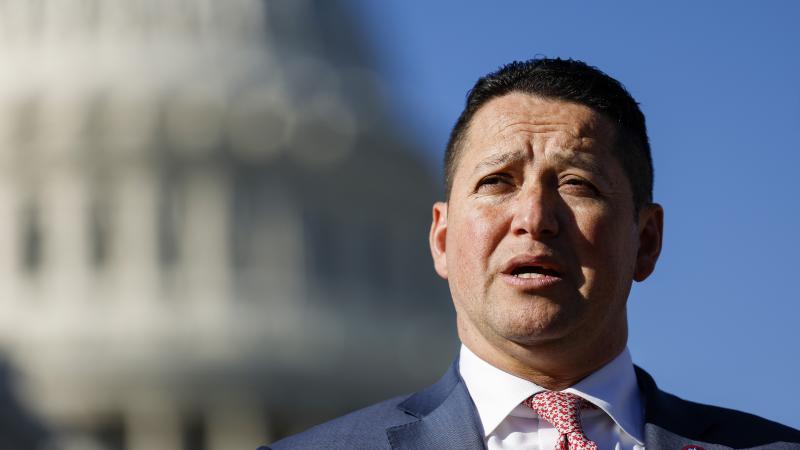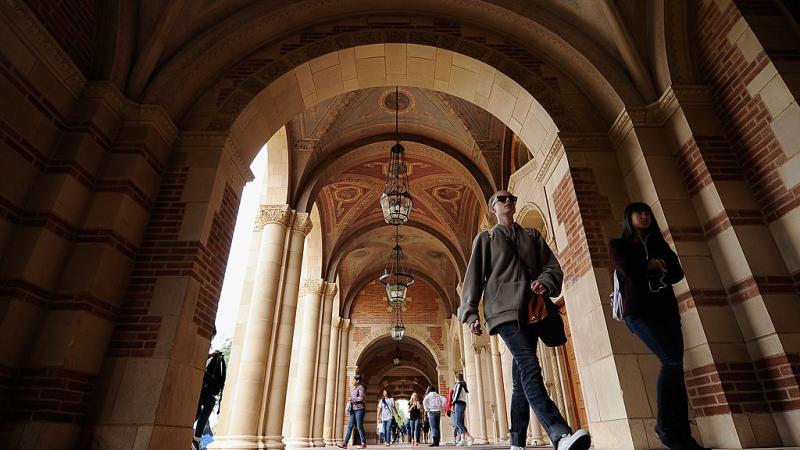U.S. Army scientists to determine if new U.K. strain of coronavirus is vaccine-resistant
"It stands to reason that this mutation isn't a threat, but you never know," said Dr. Nelson Michael, director of the Center for Infectious Diseases Research at the Walter Reed Army Institute of Research.
With a new, mutated strain of the coronavirus rapidly spreading across parts of England, scientists at Walter Reed Army Institute of Research expect to know early this week if there is reason to fear that the new variant will be resistant to the recently approved coronavirus vaccines.
The Walter Reed scientists anticipate that the vaccines will remain effective against the new strain of the virus.
"It stands to reason that this mutation isn't a threat, but you never know," said Dr. Nelson Michael, director of the Center for Infectious Diseases Research at the Walter Reed Army Institute of Research. "We still have to be diligent and continue to look."
Last Thursday, Michael's team began examining the genetic sequences of the new British-born strain of the novel coronavirus. "Other teams around the world are doing this analysis, too," said Michael.
On Sunday, British Prime Minister Boris Johnson attempted to reassure his country, despite new lockdowns in parts of England currently experiencing upticks in the spread of the new virus variant.
"There's no evidence to suggest the vaccine will be any less effective against the new variant," said the prime minister. "Our experts will continue their work to improve our understanding as fast as we can."
The chief scientific adviser of the United Kingdom, Dr. Patrick Vallance, concurred with Johnson. "Our working assumption at the moment from all of the scientists is that the vaccine response should be adequate for this virus," he said over the weekend.
It is common for viruses to mutate, and a mutation does not mean that the virus will spread any more easily, nor does it necessarily imply that the new strain is any more lethal than other variants.
















